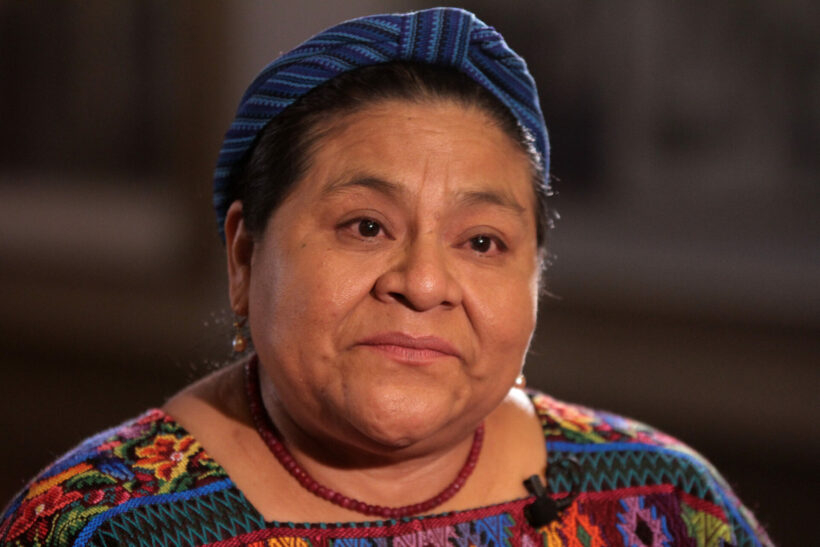We grew up in a time when the opposite of democracy was dictatorship. Today, in the 21st century, we face a new reality. The main threat to democracy is no longer governments backed by force of arms, but populism disguised as democracy.
Without ideology, populism bases its success on unrealistic but highly attractive offers and promises aimed at exacerbating the deepest emotions of fear, anger, anguish and easy reward. These emotions serve an adaptive function, but by exacerbating them they can be instrumentalised for political domination and social control.
There is an awareness that democracy is in crisis in the Western world. It is therefore urgent that political actors behave responsibly, without getting carried away by the ease with which populism can attract votes, just because it is becoming an efficient mechanism for gaining access to power.
When democracy is under threat, it is not a matter of maintaining right, centre and left cleavages, but of achieving new alignments to curb populism. There are enough examples of populist results in the world, such as Trump in the United States, Bolsonaro in Brazil or Brexit in Great Britain. In Chile, the crises and the discrediting of politics are leading us rapidly towards populism.
As the Nobel Peace Prize laureate Rigoberta Menchú pointed out, “democracy is not a goal that can be achieved in order to devote oneself to other objectives; it is a condition that can only be maintained if every citizen defends it”. In this century, the end of democracy will not come about through a revolution or a social explosion; it will be a slow process fuelled by the apathy and indifference of the citizenry and the ruling class, which, moreover, defends the interests of powerful groups.
Believing that democracy can be defended without effort is an illusion. It requires a permanent commitment to its values, the most important of which are freedom, mutual respect and a rule of law that applies equally to all people.
Education plays an irreplaceable role in the formation of democracy, not only in terms of content, but also, in practice within educational establishments. Although in 1999 “citizenship education” was incorporated into the curriculum, which includes knowledge, but also information management skills, thinking skills (critical reflection, ability to formulate opinions) and attitudes consistent with a democratic regime, such as pluralism, respect for others, and valuing human rights.
In this area, Chile has a long way to go. It is essential, first of all, to make school institutions work, especially those bodies with student participation: School Councils and Student Centres, because the development of a democratic culture is better achieved in practice than in classroom sessions.










